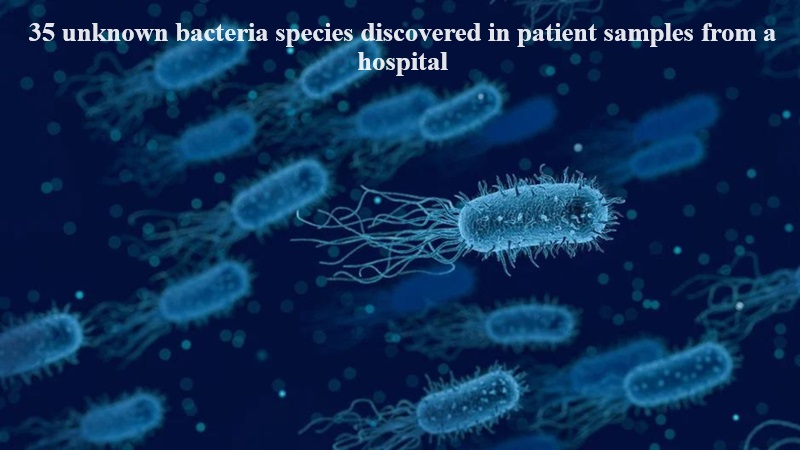
Researchers at the University Hospital Basel in Switzerland have identified more than 30 new species of bacteria in patient samples, as outlined in a study published in BMC Microbiology. The discovery of these bacteria, some of which have clinical relevance, offers new avenues for research and potential treatments for related infections. Dr. Daniel Goldenberger, the lead author of the study, highlighted the rarity of establishing direct links between newly identified bacterial species and their clinical significance.
The researchers collected and analyzed patient samples since 2014, focusing on 61 unknown bacterial pathogens from individuals with various medical conditions. Traditional methods for sequencing bacterial genomes posed challenges, leading the team to employ a relatively new method. Using an algorithm, they compared the sequences with known strains, identifying 35 new species, with seven classified as clinically relevant and the remaining 26 deemed “difficult to identify.”
The majority of the newly identified bacteria belonged to the genera Corynebacterium (six species) and Schaalia (five species), commonly found in the natural human skin microbiome and mucosa. While these bacteria are often underestimated and under-researched due to their prevalence in normal microbiota, they can cause infections once entering the bloodstream.
One of the “difficult to identify” bacteria, discovered in a dog bite wound on a patient’s thumb, may be a novel and emerging pathogen. This bacterium was initially isolated from wounds caused by dog or cat bites in 2022 by a Canadian group.
The researchers plan to continue their study by collecting and sequencing samples from patients at the University of Hospital Basel. The addition of over 20 species to the list is expected to contribute to future advancements in the diagnosis and treatment of infections. The study concludes that publicly available clinical and genomic data may aid in understanding the clinical and ecological roles of bacterial organisms, highlighting the vast range of yet-to-be-defined pathogens.

Post Your Comments